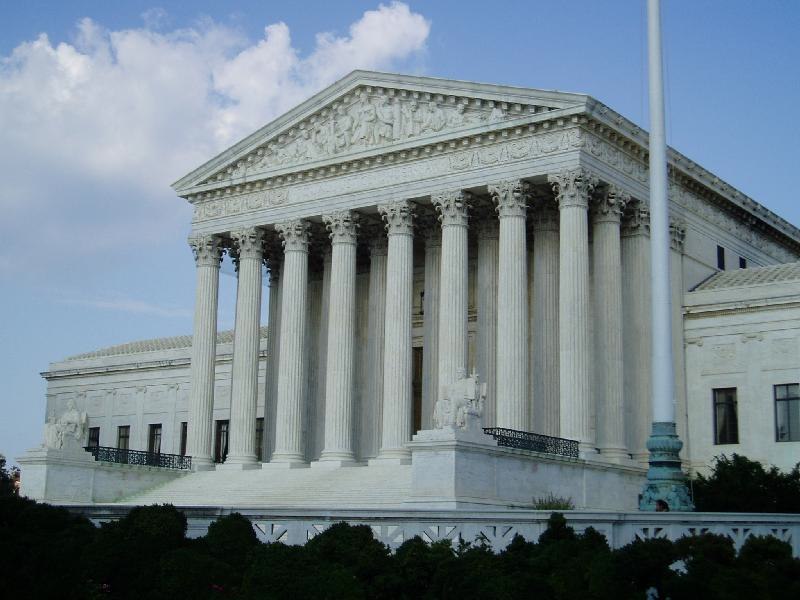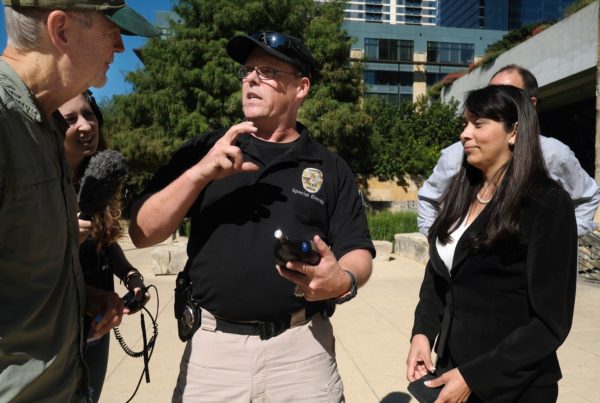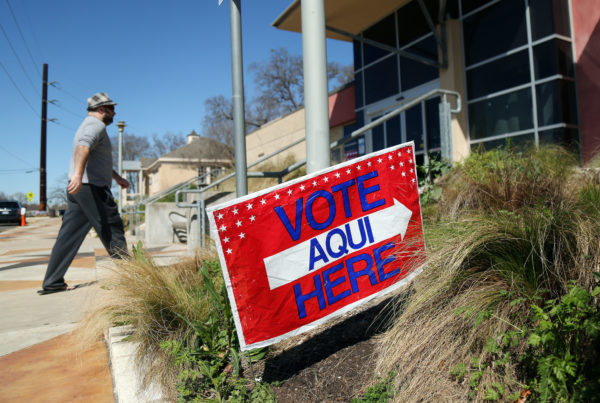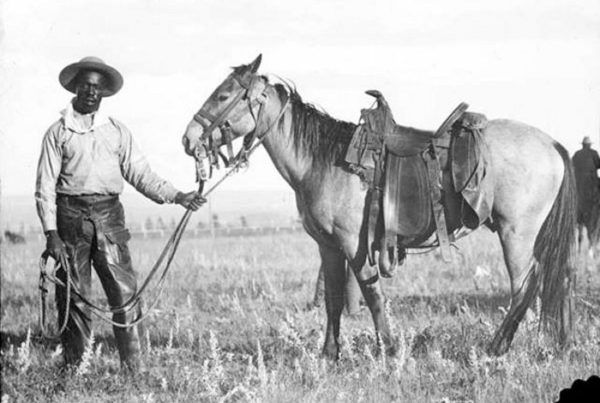The U.S. Supreme Court agreed Thursday to take up the case of a 15-year-old Mexican teen killed by a U.S. officer in 2010.
Jordan Rudner, Washington correspondent for the Dallas Morning News, says Sergio Hernández was playing with friends on the Mexico side of the border between Juarez and El Paso when border patrol agent Jesús Mesas shot and killed Hernandez from the U.S. side, 60 ft. away.
Already, the lower courts have ruled that the civil rights suit against the U.S. can’t go forward, given sovereign immunity – but what about a case against the officer himself?
“It’s unclear what – if any – constitutional rights a Mexican citizen standing in Mexico, shot by a United States citizen standing in the United States, would have,” Rudner says.
Hernández’ family lost the case against the Fifth Circuit of the U.S. Court of Appeals, but the Supreme Court will reopen the case. Rudner says this case will determine whether the Fourth Amendment – which provides protection against deadly force with no imminent threat – applies outside of the U.S.
Hernández’ family claims he was playing an innocent game with friends when he was shot, but border patrol claims he was being used as a coyote to smuggle immigrants into the U.S.
Rudner says it’s unclear how much these claims, which the court found disturbing in 2014, will influence the Supreme Court’s decision.
“We’ll see in the justices’ interpretation if they decide if the circumstances surrounding his death, and the fact that they were unclear, are relevant,” Rudner says.
Border patrol officers express concern that civil charges could prevent agents from doing their work. In this case, the officer says he felt there was an imminent threat from Hernández on the Mexican side of the border that warranted action.
Hernández’ family argues the opposite – claiming if the border patrol is allowed to go free, it will allow officers to justify killing at will.
“Both sides argue that this is going to set a dangerous precedent if the court rules against them,” Rudner says.
The Supreme Court will hear the case this term, but the date is undecided.
Post by Betsy Joles.
















